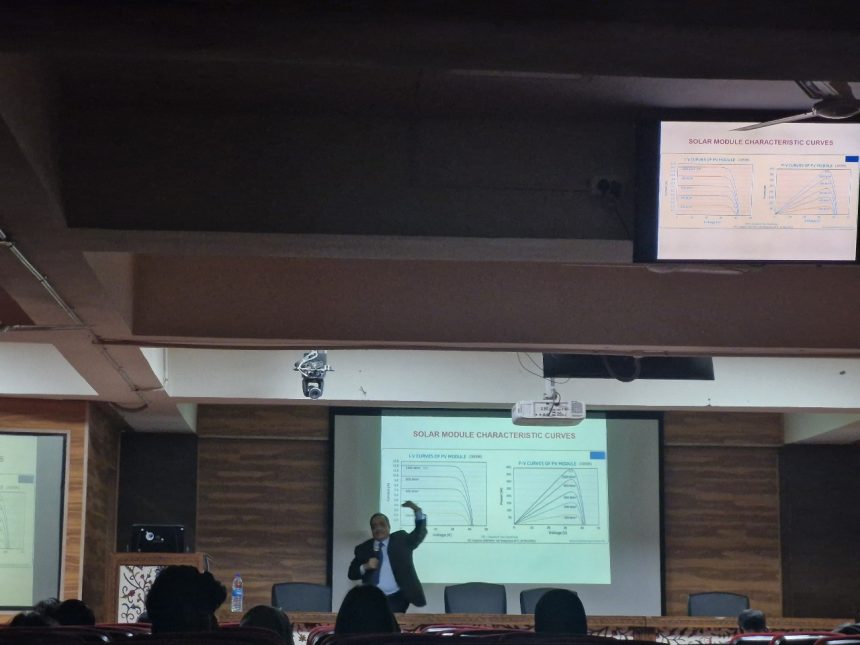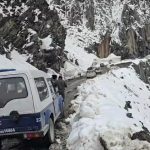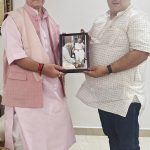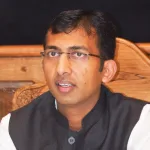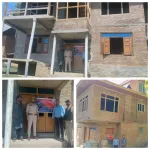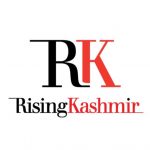Awantipora, Apr 21: The Department of Architecture, Islamic University of Science and Technology (IUST), in collaboration with GIZ, EY India, and the Skill Council for Green Jobs (SCGJ), conducted a two-day workshop titled Trainings in New and Innovative Solar Applications (NISA). The workshop focused on Building Integrated Photovoltaics (BIPV), a promising solar solution that integrates photovoltaic systems directly into building components, offering both energy generation and architectural functionality. The event formed part of the broader IN-Solar project, a joint Indo-German initiative aimed at promoting land-neutral and dual-use solar technologies such as BIPV, Agrivoltaics, Floating PV, and more.
The workshop featured a series of technical sessions led by both external and IUST experts, covering critical aspects of BIPV such as system classifications, business models, and the operational and regulatory landscape. Drawing from their diverse academic and industry experience, speakers shared national and international case studies, illustrating best practices and real-world implementation strategies. The program also included live demonstrations of two advanced digital tools: the STAAI platform for assessing solar potential, and BIM-Solar software for energy simulation and architectural planning.
A major highlight was the hands-on lab session at the Department of Electronics and Communication Engineering, IUST where Dr. Faroze Ahmad, Head of Department, led participants and resource persons through demonstration of photovoltaic system working, its various parameters, inverters, charge controllers and batteries at the Department’s Photovoltaic Lab. This helped the participants to bridge the gap between theoretical knowledge and practical application. Dr. Ahmed Sharique Anees provided insights on system operations and maintenance; Dr. Rayes Ahmad Lone discussed grid connectivity and inspection protocols; and Dr. Romana Yousuf concluded the session with future trends and innovations in BIPV. Their technical expertise and active engagement significantly enriched the program. The workshop saw participation from professionals, scholars, and architects from across Kashmir, and concluded with a certificate distribution ceremony.


